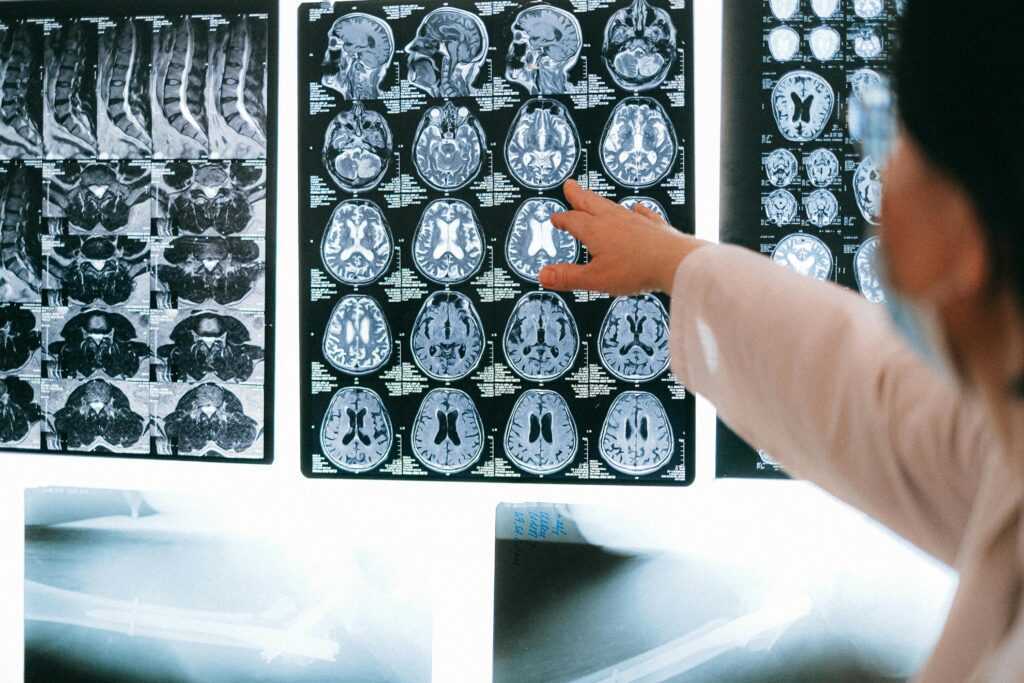What Is 911938714?
911938714 isn’t your typical number you’d memorize unless you had a reason. It could be a local emergency services line, a tracking ID, or a number linked to an emergency response center. What matters more than the digits themselves, though, is the system behind them—how an infrastructure is built around getting help to you when seconds count.
Now, if you’re thinking this could be just another hotline, think again. Emergency numbers like this are routed through national or regional systems built for speed and accuracy. And it’s not just about calling someone. Behind the scenes, there’s dispatch tech, responder coordination, geotracking, and data integration—all triggered by that single call.
How Emergency Systems Process a Call
So what happens when someone dials 911938714?
- Call Routing: The number first hits a central exchange that figures out where you are and where the call should go.
- Data Mapping: Your GPS location, phone number, and sometimes even health data are processed in real time.
- Dispatch Alert: A dispatcher receives your call and determines who needs to be sent—fire, ambulance, law enforcement.
- RealTime Coordination: Responder teams get digital briefings en route, often with maps, medical history, and hazard warnings.
That’s minutes of work, all done within seconds.
Why Speed Matters
When your house is on fire or someone’s unconscious, minutes feel like lifetimes. Emergency systems are laserfocused on speed. Here’s why:
Stroke treatment? Every minute increases brain damage. Cardiac arrest? Odds of survival drop 10% every minute without CPR. House fires? A small flame becomes a full room blaze in less than 3 minutes.
Dialing a number like 911938714 sets off a race against time where every second counts.
Common Mistakes People Make in Emergencies
A highpressure crisis can scramble your brain. People often get things wrong even while doing something as simple as dialing for help. Here are a few ways it goes sideways:
Panicking and forgetting the number: Know your region’s emergency digits. Practice with your family. Not speaking clearly: Practice giving your address out loud. It’s not as easy as it seems under stress. Hanging up too soon: Stay on the line. Many systems can’t track you properly if you don’t give full information. Calling the wrong number: Don’t guess. Make sure if you ever need 911938714, you’ve got it right.
Who’s on the Other End?
Dispatchers are trained professionals, but they’re not mind readers. They rely on clarity, courage, and a steady voice. Think of them as crisis quarterbacks—they triage calls, prioritize cases, and send the right team, fast. They’re often supported by intelligent systems that monitor call volume, geographic clusters, and availability of emergency units.
In highvolume zones, these systems rely on algorithms to route overflow calls to less busy regions while updating dispatch maps in real time. So when you hit up 911938714, you’re not just talking to a person—you’re tapping into a whole digital network designed to save lives.
Tech That Powers Modern Emergency Calls
Today’s emergency services are powered by more than just phones and radios. Here’s what’s humming in the background:
ComputerAided Dispatch (CAD): Software that assigns the right units, notifies responders, and logs everything. Automatic Vehicle Location (AVL): Tracks where emergency vehicles are and reroutes them to save time. NG911 Systems: Next Generation 911 supports texts, images, and video so responders know exactly what’s coming.
We’re not in the age of landlines anymore. Today, it’s all about mobility, integration, and speed.
How to Prepare for an Emergency Call
Let’s get practical. If you’re ever in a situation where you need a number like 911938714, you want to be ready. Here’s how to preload your brain:
Know your address by heart—not just your street, but crossstreets, landmarks, apartment number. Teach your family how and when to call emergency lines. Label your mobile contact as “In Case of Emergency (ICE)” with medical info. Use location services—make sure your phone’s GPS is on during emergencies.
Little things prep you to do big things when it counts.
Final Thoughts
Dialing 911938714 might not be something you do every day—but knowing what happens when you do can make all the difference. Emergency response systems are only as strong as our understanding of them. When you know the number, know what to say, and stay calm, you’re giving yourself and others the best shot at safety.
Don’t wait for an emergency to figure it out. Store the number, practice the drill, and stay sharp. It’s better to be ready and never need it than the other way around.


